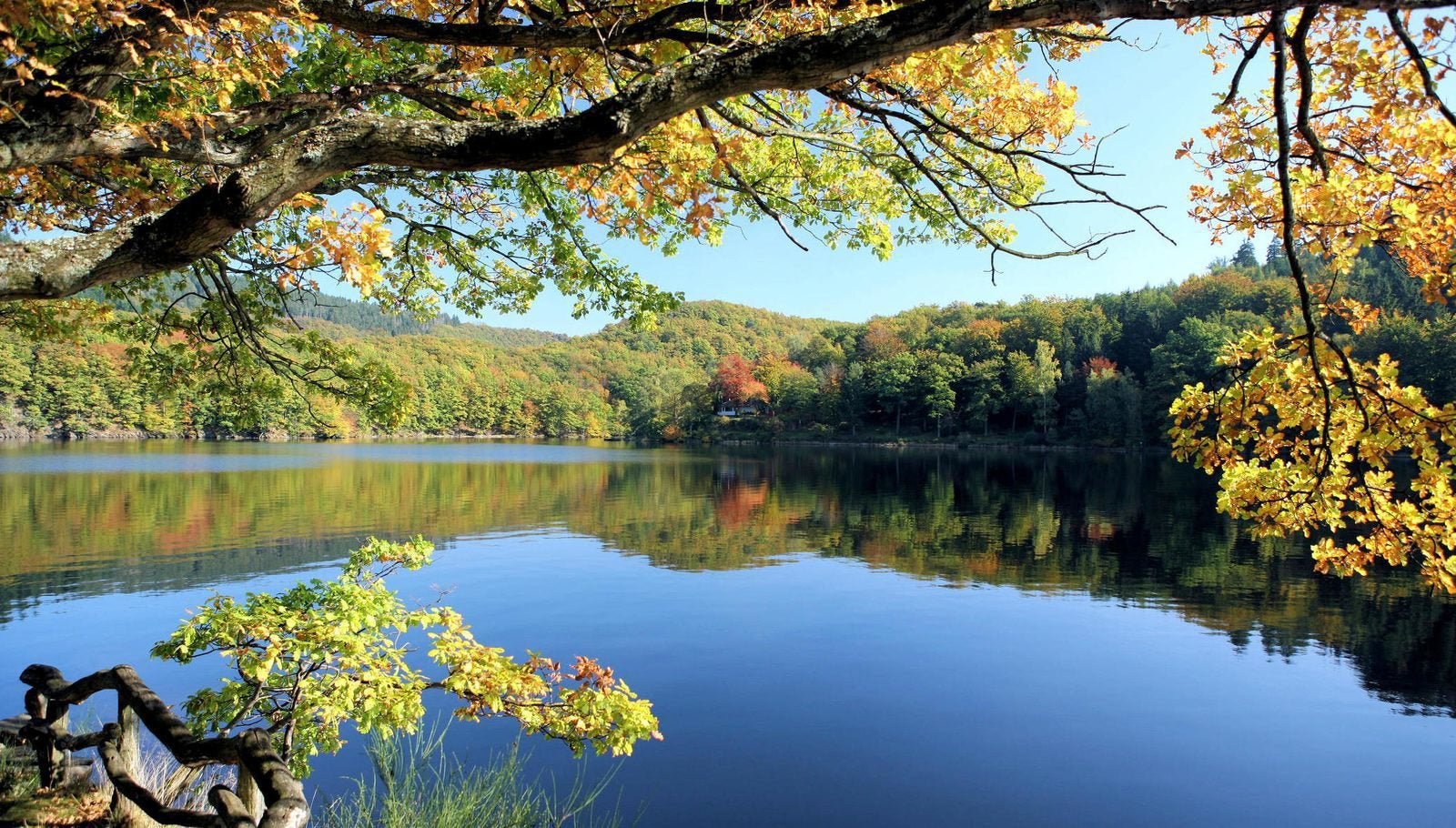Toughness is a non-negotiable requirement for any kind of camping tent. From premium structure products and weather-resistant materials to secure anchoring systems and devices, every component contributes in producing a dependable outdoor tents configuration for your occasion or camp.
Recognizing just how various frame products affect longevity helps you make a smart selection for your details demands. This overview will compare the strength of post and framework camping tents to help you determine which alternative is best for your event.
Pole Tents
Pole outdoors tents include high tops and flowing cover lines that stimulate romanticism and provide themselves to conventional outdoor weddings, vintage-themed galas, or casual tented celebrations. These frameworks can be dressed with flowing drapes, light fixtures, and high end illumination to create a classy canvas for minimal or split design attributes. Nonetheless, their style might not sustain partitioned spaces or hefty rigging without extra structural support.
The high quality of frame products, anchoring systems, and devices can substantially impact an outdoor tents's toughness. For instance, aluminum is a corrosion-resistant product that can withstand ecological conditions without compromising framework or perimeter security.
Selecting the right outdoor tents type and material for your venue's anticipated weather can help reduce upkeep expenses, repair work expenditures, or substitute costs with time. Proper installment methods also contribute in maintaining outdoor tents stability, and normal specialist inspections help spot indicators of deterioration prior to they trigger significant damage. In addition, incorporating the right floor covering system can improve the stability of any sort of camping tent on irregular terrain.
Mount Camping tents
Picking the right camping tent type for your event is a critical decision. Durability in rough weather conditions is non-negotiable, and recognizing how both post and frame camping tents remain secure under tension will certainly help you choose the very best alternative for your space and occasion demands.
Unlike pole camping tents, structure outdoors tents don't count on facility poles to offer security. This offers you an extra unobstructed interior that can be made use of to accommodate seating plans, dance floors, or food terminals without needing to work around the poles. The structure additionally allows you to set up the camping tent on surface areas where risks won't be as efficient, like concrete outdoor patios or yards.
Having an excellent anchoring system is essential to camping tent longevity, and it can make or break the structure's ability to stand up to wind occasions. LP Outdoors suggests making use of a complete put-in to ensure the outdoor tents is secure and correctly lined up, which minimizes tension factors. Including additional guy ropes, modular ballast systems, or reinforcement packages to your huge event outdoor tents can better enhance structural integrity.
Fabric
The fabric of a camping tent is the structure of its architectural integrity and sturdiness. Its tensile toughness and resistance to environmental stress factors influence the camping tent's total efficiency and comfort, from water run-off and wind resistance to breathability and mold resistance.
Camping tent materials are typically woven from either all-natural or synthetic fibers, and they can be covered or treated with special surface therapies to boost their performance and longevity. The kind of string spun (brushed, ring-spun, core-spun), the weave, and the textile's weight all impact its longevity and suppleness.
Sailcloth, as an example, is engineered to stand up to duplicated folding, tensioning, and anchoring without losing strength. Camping tents made from this material are also extremely breathable, lowering condensation and temperature changes. These attributes make sailcloth tents suitable for occasion leasings or lasting camping. Other material alternatives, like polyester or nylon, use an even more lightweight feel with improved waterproofing. Their life-span depends on the sort of environment they are subjected to, the upkeep regimens, and various other elements like routine reusable bag cleansing and proper storage.
Installation
Before selecting a structure material for your canopy camping tent, it's important to completely understand the intended usage and location. For instance, do you require the tent to hold up against frequent or extensive exposure to weather conditions like wind stamina, rain, snowfall, and UV rays? Do you wish to erect the tent completely or only for occasional use?
Light weight aluminum structure camping tents have a special protective layer that's created as a result of their all-natural oxidation residential or commercial properties. The plated layer avoids moisture, salt, and other harsh substances from passing through the framework and causing damages.
Steel frames, on the other hand, have a tendency to have limited form security and are harder to assemble. Their hefty weight likewise restricts modification choices and calls for using more affordable, lightweight fabrics and plastic connectors. On the other hand, timber frame outdoors tents provide superior toughness and an aesthetic that mixes harmoniously with the surrounding environment as soon as mounted. Glitzcamp provides both steel and aluminum-frame tents that are ideal for premium hotels, breathtaking areas, social tourism communities, and villa.
